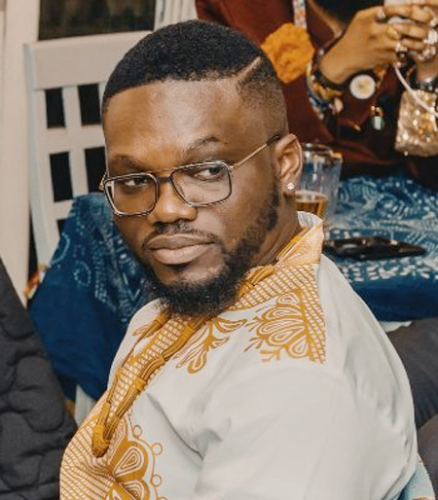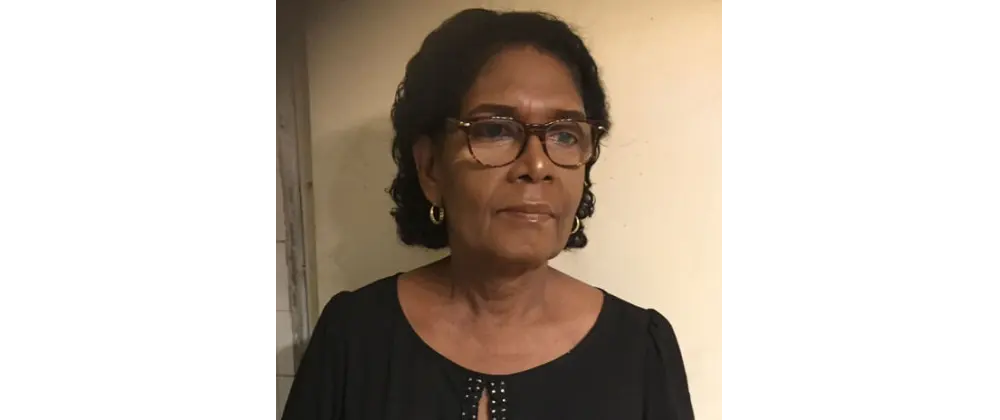From Marie Therese Belisle Nweke
Wednesday, November 13, 2024 at 7:26/ AM

David Hundeyin on X:
History has it that in the early 1990s, after the breakup of the Soviet Union, at the time when war between NATO and North Korea was looking like a real possibility, North Korean supreme leader Kim Il-Sung called his top generals together for a meeting to discuss strategy for a war against the USA.
After hours discussing the nuts and bolts of prosecuting this war, Kim asked everyone in the room a question that they did not know how to answer. He asked, “What if we lose? What will we do if we lose?”
The generals didn’t want to answer this question, because to do so, which would be to acknowledge the possibility of losing, might be interpreted as disloyalty or even treason. At the same time, “We cannot possibly lose” was not a useful answer, and Kim certainly wasn’t looking for delusional optimism in his military commanders.
Kim’s son, Kim Jong-Il, who was present at the meeting, was the only person who spoke up. His answer was simple: “If we lose, I will make sure to destroy the world. What good is a world without North Korea?” And this was the answer that satisfied Kim Snr. and became part of the foundational ethos of the Kim dynasty and North Korea to this day.
Regardless of whatever moral issue one might have with North Korea planning to basically destroy the world in a giant tantrum if a hypothetical war does not go its way, I have always found something deeply compelling and somewhat admirable about North Korea seeing itself as the centre of the world.
If the inhabitants of that patch of cold, rocky land that is poor in natural resources and seemingly condemned by geography to eternal poverty and irrelevance can see themselves not only as a key part of the world, but as centrally important to it, then why do the inhabitants of the planet’s most fought-over continent, bursting from Cairo to Cape with every sort of desirable resource known to man, struggle to see themselves as main characters in the world?
Between themselves, Kim Il-Sung, Kim Jong-Il, and Kim Jong-Un turned a barely-hospitable corner of East Asian into an impregnable, nuclear-armed fortress that absolutely nobody dares to take levities with. Unlike Africa, they have no huge amounts of gold, bauxite, oil, coltan, diamonds, copper, arable land, or sunlight.
In a world where independence and sovereignty are only guaranteed by nuclear bombs and ballistic missiles, they built those things out of Kimchi, rough potatoes, and sheer willpower. Nobody particularly wants North Korean territory — its most valuable geographical asset is its border with China — yet it sees itself as not just a key player on the global stage, but the world’s main character.
Meanwhile in Africa—the continent that supplies everything to the world and also controls the 2 most important shipping lanes in global trade (Gulf of Aden & Suez Canal) — nobody here seems to believe that they are part of the world, let alone among its main characters. The president of its most populous country is a CIA asset, and that country’s citizens are not especially bothered by this. It does not fund its own continental union (only 16% of the AU’s annual budget comes from Africa).
It has no continental defence strategy. It plans to integrate its 54 economies by 2063, when most people reading this will be long dead. It can’t even implement its own open-skies agreement, so it is cheaper to fly to Europe and Asia than to fly within Africa. It has no real priorities, and it is never in a hurry to get anything done.
If Kim Il-Sung had African generals at that meeting in 1991 and he asked them the same question Kim Jong-Il answered, their answer would probably have been something like, “We’ll propose terms of surrender with a soft landing for ourselves and our families.”
Africans deep down haven’t recovered from the psychological effects of multi-century slavery and colonization, and as such, appear truly incapable of perceiving themselves as the main characters — even in their own stories …
https://twitter.com/DavidHundeyin/status/1856494911115120696?t=fdGLoVbcDNwzsm_b0o1Sig&s=08
- David Hundeyin is a young Nigerian journalist, known for his well-investigated scoops. He has unmasked Bola Ahmed Tinubu, Nigeria’s current president, as a CIA asset, and brought to light his fraudulent US certificates, and his activities in the US as a drug baron when he had lived there. Hundeyin no longer lives in Nigeria, and has sought refuge in Ghana, where he resides in a safe house. He is a scourge to both Nigerian and US operatives, and at least one recent attempt was made on his life.

